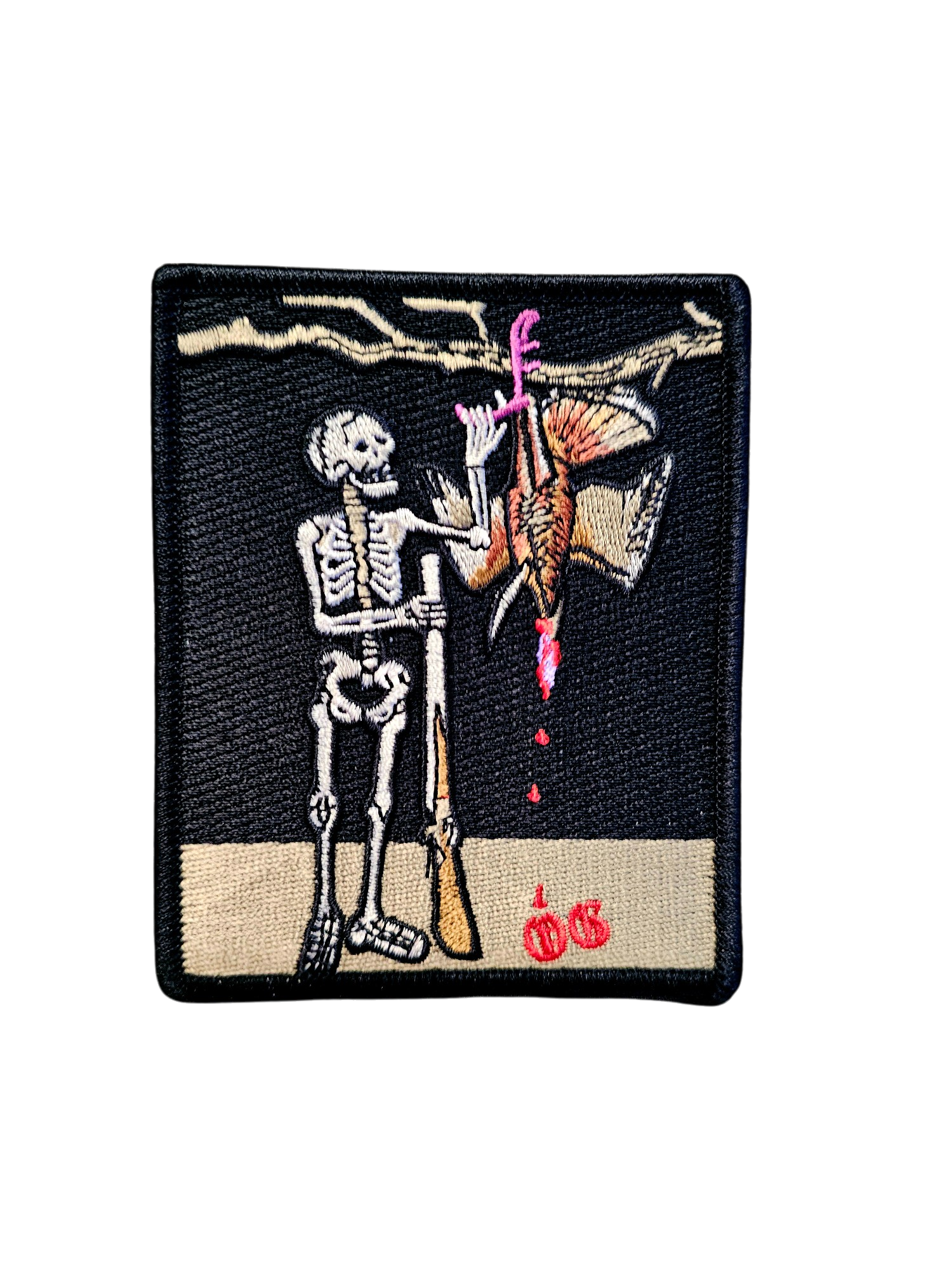        |
How do u hunt at first light?Started by supremepredator, April 28, 2016, 05:09:33 PM Previous topic - Next topic
User actions
|
        |
How do u hunt at first light?Started by supremepredator, April 28, 2016, 05:09:33 PM Previous topic - Next topic
User actions
|